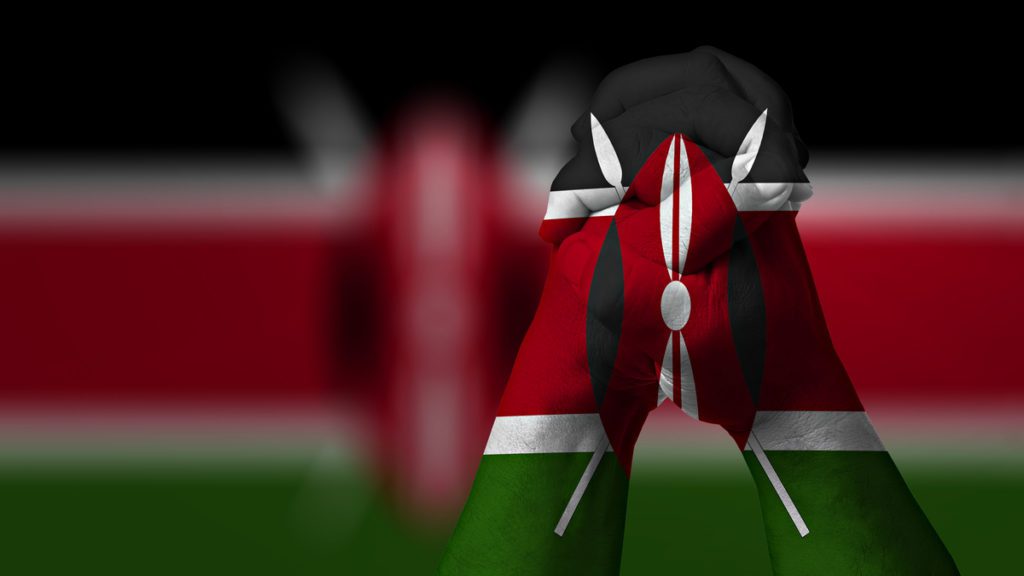
“A digitally empowered citizenry, living in a digitally enabled society.” This is the 2019 Digital Economy Blueprint vision for Kenya. It seems that 5G deployment is key for Kenya’s economy. During his presentation about the Financial Year 2019 to 2020, Henry Rotich, Former Treasury Cabinet said that the digital economy would boost the country’s economic growth while increasing job opportunities. However, 5G deployment in Kenya- like many countries worldwide- is still facing challenges.
The Communications Authority of Kenya (CA) has licensed seven firms, which have been conducting 5G trials. However, political problems may delay Kenya’s dream to have fast internet speed. Safaricom, Kenya’s biggest telecoms operator, is considering awarding a contract to China Telecom giant Huawei. Despite UK’s decision to remove China’s telecom giant from its 5G network, the US sanctions and the company’s loss of the Canadian 5G market, Kenya is considering Huawei for the 5G rollout. On February 19, 2020, Michael Joseph Acting Safaricom CEO said, “We will use Huawei in 5G. What will we do in terms of the American statements about not using Huawei? We don’t have that situation in Africa,” according to Reuters.
Joseph told Reuters that Safaricom would follow guidelines from its two main shareholders, South Africa’s Vodacom (VODJ.J) and Britain’s Vodafone (VOD.L). UK PM Boris Johnson has revealed his decision to involve Huawei in its 5G network. VODJ.L would be following UK decision regarding Huawei.
On March 17, 2020, President Donald Trump notified the Congress of intent to negotiate Trade Agreement with Kenya, according to the Office of the United States Trade Representative (USTR). In 2019, the Top US imports from Kenya were apparel ($454 million), edible fruit & nuts (mostly nuts) ($55 million), titanium ores and concentrates ($52 million), and coffee ($34 million). Involving Huawei in Kenya’s 5G network would have repercussions on the Free Trade Agreement (FTA) between the United States and Kenya. Secretary Pompeo has already commented on involving Huawei in the 5G network worldwide. “If a country adopts this and puts it in some of their critical information systems, we won’t be able to share information with them, we won’t be able to work alongside them,” he said during an interview with Fox Business Network.
Launching 5G phones and 5G sim cards will only happen when the infrastructure and spectrum have been defined and installed. “Revolutionary technology needs supportive infrastructure, a favorable ecosystem, and the right policies to succeed,” said Joachim Wuilmet, Nokia’s head of marketing in Africa and Middle East. Collaboration with the Communication Authority of Kenya (CA) and telecom operators is key to achieve 5G deployment. “Policies are key to attaining a 5G launch. The Kenyan government needs to consider setting up a spectrum to enable 5G deployment,” said Wuilmet during Nokia Innovation Day at Southern Sun Mayfair, Westlands, Nairobi, late May 2019.
The US Department of Commerce may approve a new rule that would allow US companies to work with Huawei on setting standards for the 5G network. Ending the US war with Huawei is critical to Kenya’s future developments.